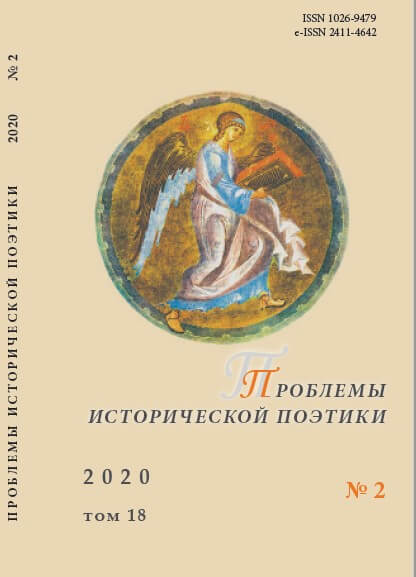Рассказ Чехова «Ванька»: сюжет, жанр, интерпретации
Chekhov’s Short Story Vanka: Plot, Genre, Interpretation
Author(s): Olga V. ZakharovaSubject(s): Christian Theology and Religion, Russian Literature, Theory of Literature
Published by: Петрозаводский государственный университет
Keywords: A. P. Chekhov; Vanka; genre; Christmas story; plot; interpretation; miracle; dream;
Summary/Abstract: In modern literary studies the discussion continues about the revision of the traditional concept of Chekhov’s story Vanka by I. A. Esaulov. The researcher rejects the naive and empirical interpretation that is inherent in most interpretations, and reveals the genre features of a Christmas story. A common place in the works of his followers was the analysis of the poetics of genre, the attributes of a holiday chronotope, the invisible presence of Christ, the role of the story’s hero in the artistic world of the work. In school interpretations of the story, the Christmas miracle is denied on the grounds that it occurs in a child’s dream, but the artistic dream is as real as any other “real” event in the work. In the poetics of the Christmas story, the impossible is possible, the miracle is genuine: grandfather Konstantin Makarych reads a letter from his grandson. Vanka carefully prepared himself for the implementation of his plan. He had found out how to send the letter, prepared the paper, wrote it, and found the nearest mailbox. It worked out well. By sending a letter “to my grandfather’s village”, Vanka did an act that determined his future fate. He was never the same. The miracle, whether it happened in a dream or in reality, transformed the hero.
Journal: Проблемы исторической поэтики
- Issue Year: 18/2020
- Issue No: 2
- Page Range: 260-270
- Page Count: 11
- Language: Russian

